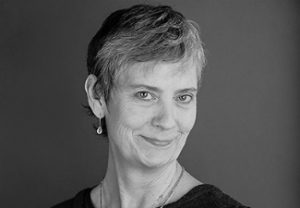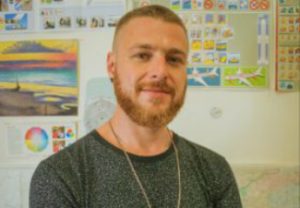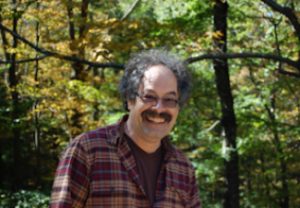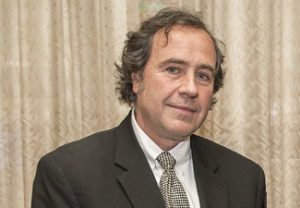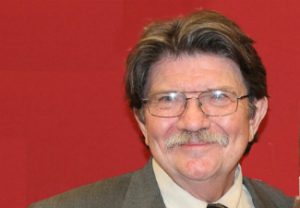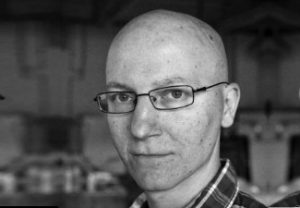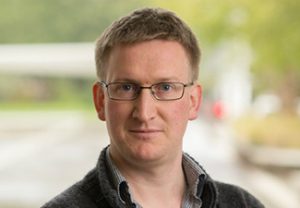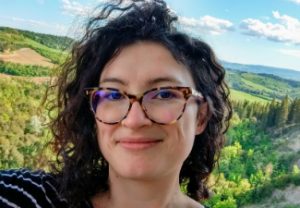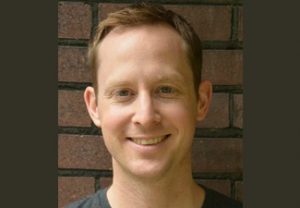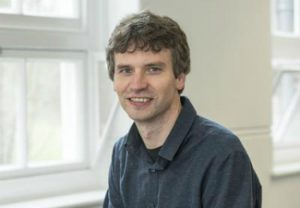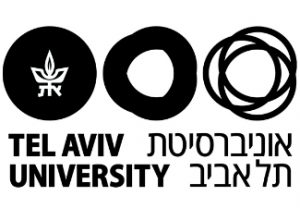Professor Roberts’ areas of specialization are formal semantics and pragmatics. She has been working on long-term projects that pertain to projective meaning and natural language metaphysics. She will deliver a talk titled “The Character of Epistemic Modals in Natural Language: Evidential Indexicals.”
Professor Greenberg’s research is oriented around language, mind, and depiction. His publications include “Beyond Resemblance”, in Philosophical Review (2013), and “Varieties of Iconicity”, in a special issue of the Review of Philosophy and Psychology (2015).
Hartry Field’s current research focuses on objectivity and indeterminacy, a priori knowledge, causation, and the semantic and set-theoretic paradoxes. He will talk on “Epistemology from a “Naturalistic” (but not Reliabilist) Perspective.”
Professor Naas teaches courses in philosophy and comparative literature and conducts research in the areas of ancient Greek philosophy and contemporary French philosophy. He has edited, translated, and written on a number of the works of Jacques Derrida.
Daniel Breazeale has been at the University of Kentucky since 1971. He specializes in German philosophy from Kant to Nietzsche, with a research focus on post-Kantian idealism and the philosophy of J. G. Fichte. Other interests include existentialism, skepticism, and social and political philosophy.
The group welcomes Gregor Moder, assistant professor on the Faculty of Arts at the University of Ljubljana, who will deliver a talk titled “Death and Finality: Hegel versus Spinoza.”
This year’s Alexander Lecture welcomes Christopher Mole, Chair of the Programme in Cognitive Systems at UBC where he also teaches in the Department of Philosophy. Professor Mole will deliver a talk on “Dynamic Semantics, Embodied Syntax, and the Evidence of Sign-Language Aphasia”
Federica Berdini received her PhD from the University of Bologna’s Science, Cognition, and Technology program. Dr. Berdini’s research is in philosophy of action and philosophy of psychology. Her talk is titled: “Agency’s Constitutive Normativity: An Elucidation”.
Jacob Beck’s research focuses on mental representation and consciousness. The title of Professor Beck’s talk is “Is Perception Analog?”
Professor Way’s areas of specialization are in ethics and epistemology, broadly construed. He is particularly interested in issues to do with reasons, rationality, value, and normativity, across practical and epistemic domains. He will talk on “The Distinctiveness of Fittingness” (co-authored with Conor McHugh).
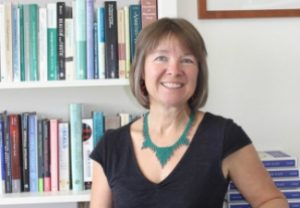
Image: dartmouth.edu
Amie L. Thomasson, professor of philosophy at Dartmouth College, will deliver a talk titled “How can we come to know metaphysical modal truths?”
Gideon Freudenthal is professor in the Cohn Institute for the History and Philosophy of Science and Ideas at Tel Aviv University. He will deliver a talk on “Salomon Maimon’s philosophy: between myth and logical analysis.”
